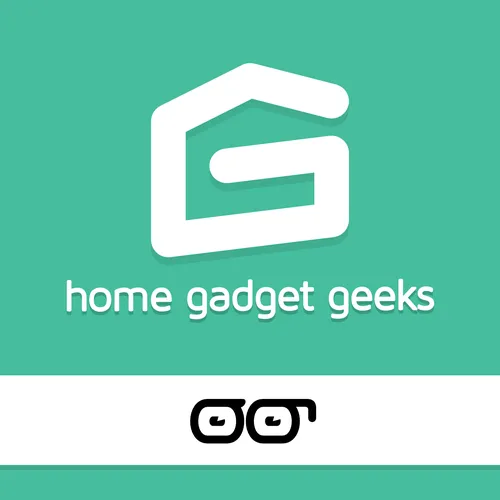AI and Assistive Technology in Education: Insights with Dr. Brian Friedlander – HGG657
- Author
- Jim Collison
- Published
- Sat 06 Sep 2025
- Episode Link
- https://theaverageguy.tv/2025/09/06/ai-and-assistive-technology-in-education-insights-with-dr-brian-friedlander-hgg657/
On this episode of Home Gadget Geeks, I had the chance to sit down with Dr. Brian Friedlander to talk about how AI is changing the landscape of assistive technology. We covered everything from tools like AOA, Brisk, and Magic School AI that support students in the classroom, to innovations in note-taking, E Ink devices, and even brain-computer interfaces. It was a fascinating conversation about where accessibility meets technology, and how sometimes the simplest solutions end up being the most powerful. Thanks for listening!
In this episode, I sit down with Dr. Brian Friedlander, an expert in assistive technology and educational innovations, to delve into the transformative impact of technology, particularly AI, on learning environments. Our discussion examines how recent advancements in assistive technology can significantly enhance educational experiences for students across diverse learning profiles.
Beginning with a light chat about the changing seasons and our own tech-related projects, we quickly pivot to the topic of AI’s explosion onto the educational scene over the past few years. Brian shares insights from his vast experience in education and assistive technology, highlighting how AI tools are aiding students with writing difficulties. One interesting tool he discusses is AOA, a mind mapping application integrated with AI, which helps students brainstorm and structure their ideas effortlessly but still encourages deeper engagement with their writing assignments.
Brian elaborates on AI applications in education, mentioning platforms like Brisk Teaching and Diffit that allow educators to tailor materials for students of varying abilities, ensuring that instructional content is accessible to all. This personalized approach not only helps students grasp complex topics but also promotes autonomy in their learning processes. We underscore how these advancements are leveling the playing field for students with special needs—especially those who struggle with reading and writing.
Shifting gears, we explore the potential pitfalls of AI in education. Brian acknowledges the concern regarding the accuracy of AI-generated content and emphasizes the importance of vetting AI tools to avoid misinformation. He proposes the idea of using vetted AI solutions, which allow educators to select credible sources and ensure the integrity of the information provided to students. This proactive approach helps mitigate risks associated with AI technology while fostering an environment conducive to critical thinking and engagement.
As our conversation evolves, we touch upon the various tools available for note-taking, emphasizing the innovation behind devices like the Livescribe pen and SuperNote, which enhance traditional writing methods by integrating audio capabilities and AI functionality. Brian also mentions emerging technologies, including digital recorders that can transcribe lectures and highlight key points based on user interactions, effectively revolutionizing how students capture and synthesize information.
Towards the end, we discuss the future of AI in education, including promising research aimed at assisting individuals with severe disabilities. Brian describes groundbreaking advancements in brain-controlled interfaces that can enable individuals to communicate and operate devices purely through thought. This inspiring development opens a new frontier for assistive technologies that could change lives dramatically.
Throughout our discussion, it becomes clear that the intersection of AI and education holds immense potential for improving learning outcomes, accommodating diverse needs, and providing students with tools that empower them both in aca...
